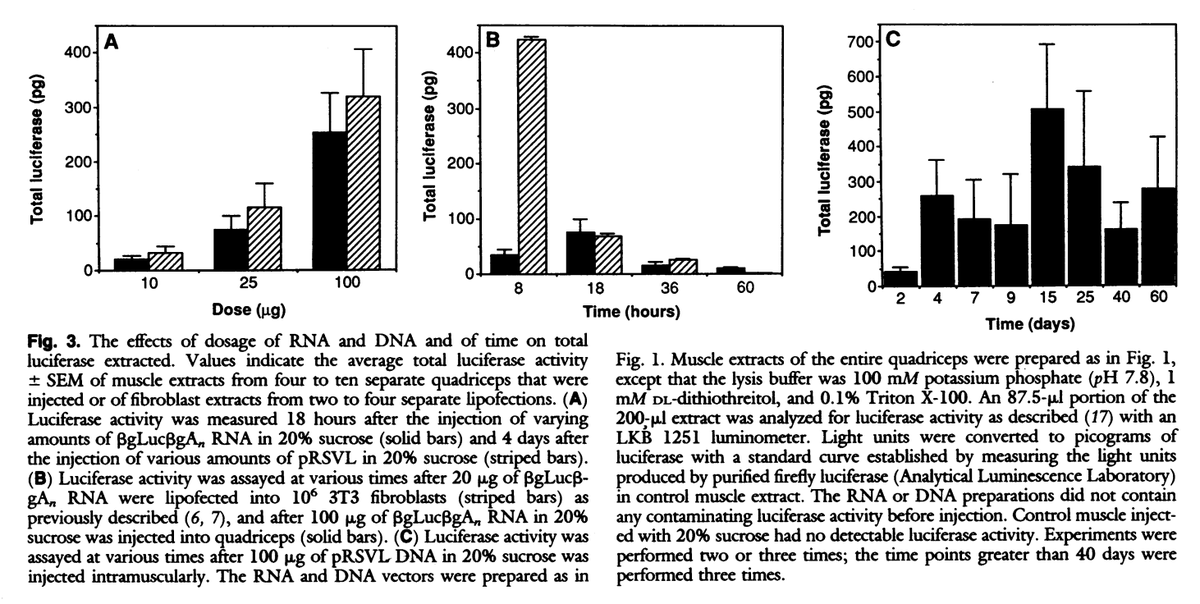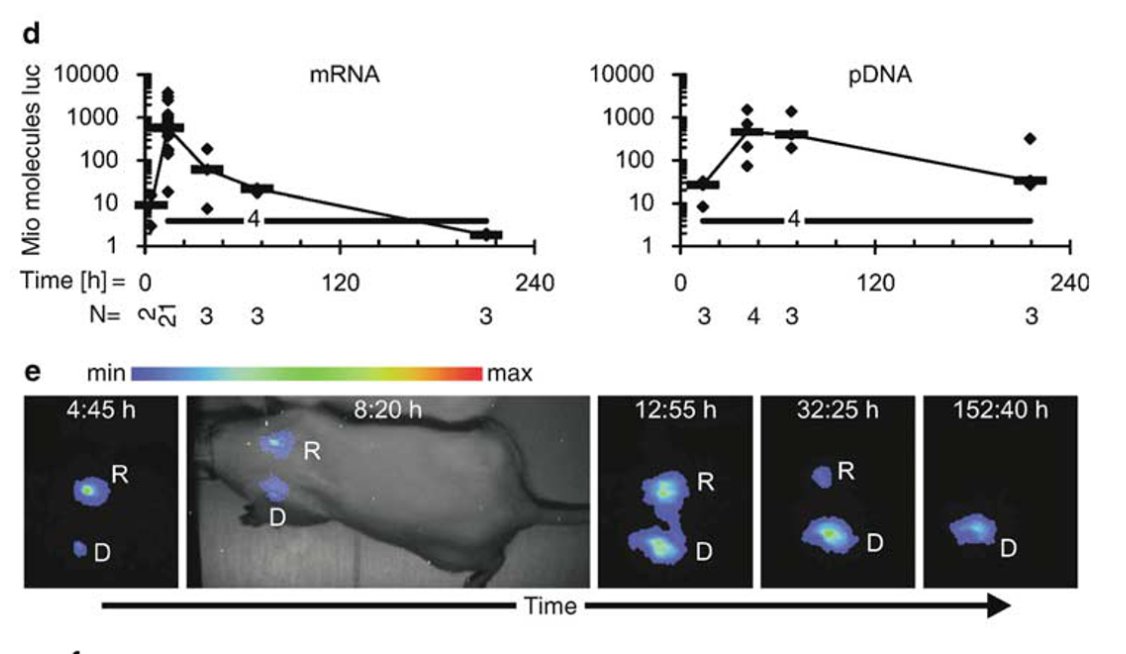
I worked an unexpected overnight last night
This 🧵 is an exhausted, muddy-headed takedown of the historic but continued saddling of medical trainees with ridiculous work hours
There will be no data and I will appeal to emotion a lot
Here we go!
#MedTwitter
1/
This 🧵 is an exhausted, muddy-headed takedown of the historic but continued saddling of medical trainees with ridiculous work hours
There will be no data and I will appeal to emotion a lot
Here we go!
#MedTwitter
1/
Last night I was blessed to work with two amazing residents
We were busy with very sick patients
They were constantly working
I don't know if they ate
I arrived at 5 pm and left this morning exhausted after getting about 2-3 hours of sleep
2/
We were busy with very sick patients
They were constantly working
I don't know if they ate
I arrived at 5 pm and left this morning exhausted after getting about 2-3 hours of sleep
2/
The IM resident had been in the hospital working 10 hours prior to my arrival at 5 pm and would round for another 3-4 hours after I left
I do not think that she slept
This amount of continuous work is OK according to medical norms and training program accrediting bodies
3/
I do not think that she slept
This amount of continuous work is OK according to medical norms and training program accrediting bodies
3/
I am getting older and less able to function on little sleep
The resident is probably 15-20 years younger
But there is plenty of data that decision-making after 24 sleepless hours is impaired
(look it up, I am too tired)
4/
The resident is probably 15-20 years younger
But there is plenty of data that decision-making after 24 sleepless hours is impaired
(look it up, I am too tired)
4/
The use of medical trainees to fill long hours is a historic vestige that, IMO, is out of step with the view of modern work (and, more importantly, education)
No one is learning that much medicine at hour 26. Or 24. Or 20. Or, frankly, 18.
They are just learning their place
5/
No one is learning that much medicine at hour 26. Or 24. Or 20. Or, frankly, 18.
They are just learning their place
5/
The problem is that hospitals have benefitted greatly from this setup since the Flexner Report (and before)
Residents working 1.5-2 FTE is a moneymaker
If I am honest, it is simply exploitative
And the pandemic has only made it worse
6/
Residents working 1.5-2 FTE is a moneymaker
If I am honest, it is simply exploitative
And the pandemic has only made it worse
6/
The @acgme has done a good thing with duty hour rules, and I used to think they were appropriately titrated
I no longer do
No one should be expected as part of their education to be in the hospital for 24 straight hours
7/
I no longer do
No one should be expected as part of their education to be in the hospital for 24 straight hours
7/
I am a program director, so I am part of the medical-education-hospital-institution process
This makes me part of the problem
The answer is not simple and it requires a major re-prioritization of 💰💰💰 resources within academic departments/health systems that is large
8/
This makes me part of the problem
The answer is not simple and it requires a major re-prioritization of 💰💰💰 resources within academic departments/health systems that is large
8/
A reasonable day’s work (12 hrs?) should be the usual max and anything above that should be a relatively rare exception
This would mean night float would likely need to be a standard part of most programs
The @ACGME will likely need to play a role here
9/
This would mean night float would likely need to be a standard part of most programs
The @ACGME will likely need to play a role here
9/
This will require investment in more trainees
(we need more trainee slots anyhow, so seems reasonable)
or advanced practice providers
10/
(we need more trainee slots anyhow, so seems reasonable)
or advanced practice providers
10/
This presents a financial hurdle, but not one that isn’t solvable
And until we start to talk about this, there will be no movement at all
Some will call me soft
The comments will be a disaster
I'm fine with that- I am going to bed
fin/
And until we start to talk about this, there will be no movement at all
Some will call me soft
The comments will be a disaster
I'm fine with that- I am going to bed
fin/
• • •
Missing some Tweet in this thread? You can try to
force a refresh






